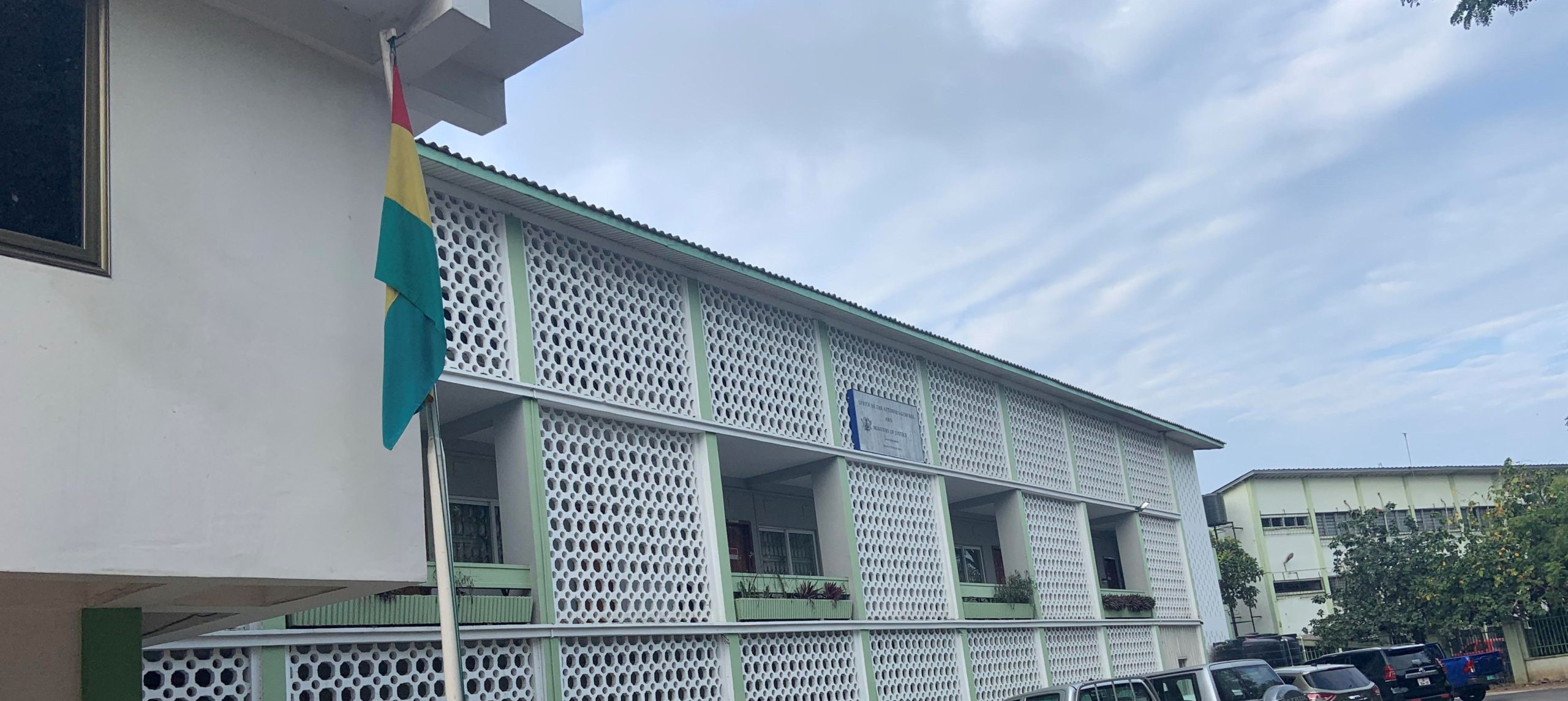Post by: Audrey Odonkor

“He hath shewed thee, O man, what is good; and what doth the Lord require of thee, but to do justly, and to love mercy, and to walk humbly with thy God?” – Micah 6:8 (KJV)
This summer I am working with the Prosecutions Unit of the Attorney General’s Department. The vision of the Attorney General’s Department is to “create an efficient and accessible system of justice exhibiting highest standards of professionalism and engendering a high degree of public trust and confidence.”
Through my internship with the state prosecutors at the Attorney General’s Office, I have developed a more nuanced understanding of the challenges of “doing justly” in the criminal justice system. In the process, I am paying my due in helping to build a stronger criminal law system in Ghana.
I am learning that doing justly does not always feel nice or come naturally to us. It sometimes involves punishing people who might have unintentionally caused harm to others. Because that harm deserves worthy acknowledgment. Doing justly also means showing mercy to people in ways that might not be initially clear to them. Mercy sometimes means looking beyond a person’s criminal label to imagine the good a rehabilitated life could do for them.
And the fight for justice does not come without its own set of challenges. I have witnessed the prosecutors put themselves in harm’s way every day to try to fulfill their mandate. In spite of threats from families of convicted persons to beat them up for prosecuting their loved ones, the prosecutors keep working. They view their jobs as a calling. Their drive to see justice done is palpable. I have also experienced justice thwarted because of political pressure and favors. Navigating the muddy waters of doing your job well in the face of such influence makes work even more challenging.
In spite of all this, the criminal justice system is an incredible tool for justice. It often determines the fate of persons straddling the line between freedom and confinement. As I prepare exhibits for trial, or research proceedings for pending cases, I get the awareness that I am working with an organism that is much bigger than me. I am part of God’s weighty mandate to partner with him to promote justice, both as people and as lawyers. As difficult as it might be to grasp the full extent of such power, I am slowly gaining a nuanced understanding of the challenges in wielding it well.
This post was written by a Center for Global Justice Intern. The views expressed in this post do not necessarily reflect those of Regent University, Regent Law School, or the Center for Global Justice.

